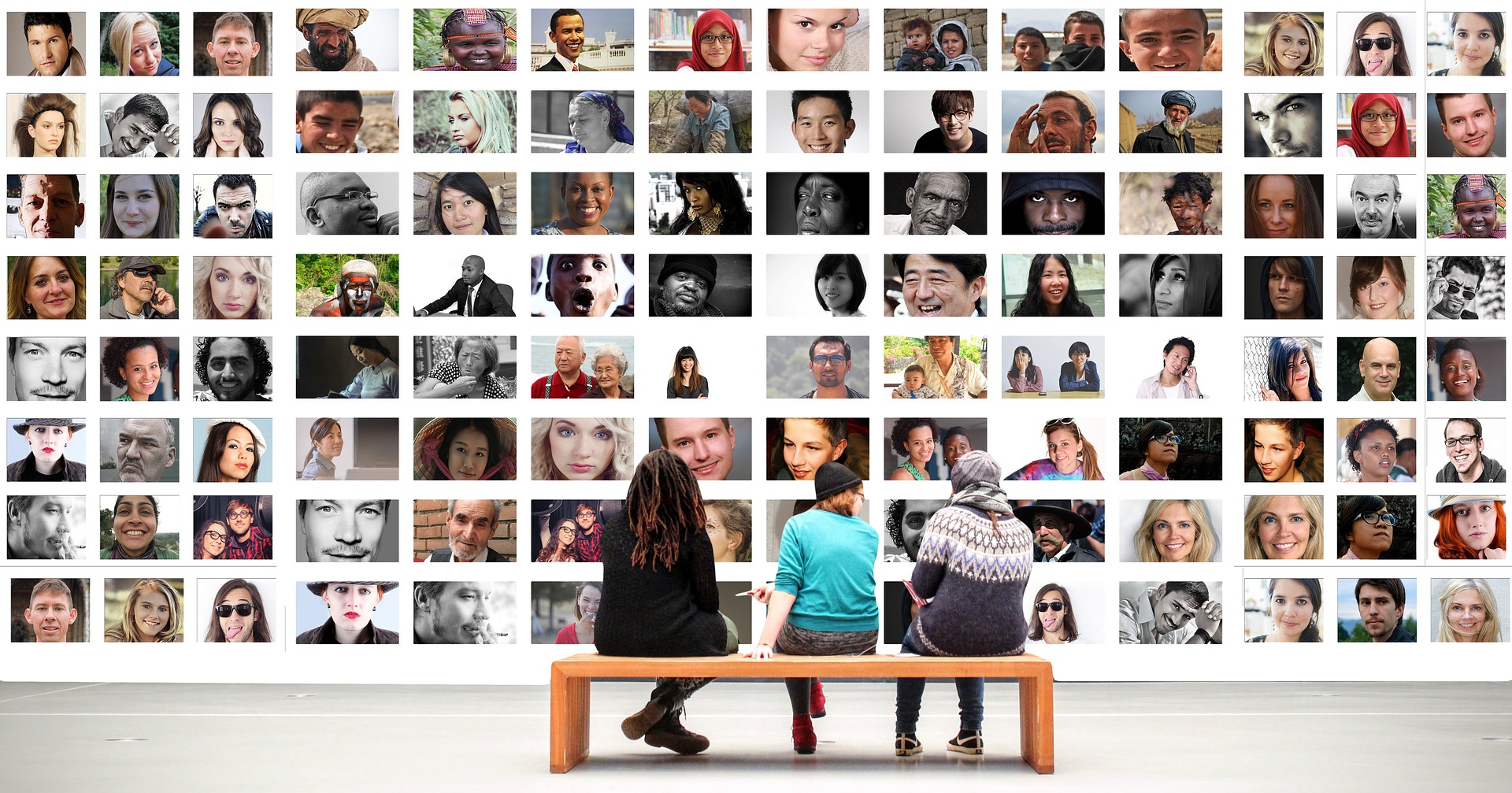
I was both shocked and unsurprised when I read the press release from Girlguiding UK last week which highlighted the significant decline in happiness levels in young girls aged 7-21 years.
The press release was by far the longest I’ve ever read, yet I eagerly consumed every word. I knew I had to share some of it with you. Before I add my comments below, as I did on BBC Breakfast TV last week (Wed 19th Sep) when I was asked to discuss the findings of this 10 year study, I’ll share some of the statistics from the survey with you here:
- Only 25% of girls and young women aged 7-21 say they are very happy, down from 41% in 2009
- 64% of girls and young women aged 11-21 say they know someone who has experienced an anxiety disorder, compared with 50% in 2014
- 59% of girls aged 11-21 say social media is one of the main causes of stress. Ten years ago social media wasn’t included in the survey – Facebook was only five years old and Instagram, Whatsapp and Snapchat didn’t exist!
- 69% of girls and young women aged 11-21 say exams and tests are the main cause of stress among girls their age
- 27% of young women aged 17-21 are not happy, an increase from 11% in 2009
- 45% of girls and young women aged 7-21 say feeling unhappy affects how confident they feel
- 50% of girls and young women aged 11-21 say feeling unhappy affects their health
- 31% of girls aged 7-10 say feeling unhappy affects them having fun with their friends
- 36% of girls and young women aged 11-21 have spoken up to make their views known about an issue they care about, up from 28% in 2011
- 51% of girls aged 7-10 say they are very happy with how they look compared to 44% in 2009
- But 41% of young women aged 17-21 say they are not happy with how they look compared to 30% in 2009
Whilst exam stress is something that most of us have experienced, most of us did not have to grow up with social media. I hear reports of how social media can be damaging to the mental health and/or well-being of my coaching clients and peers. Imagine what that is doing to young people who are still forming their identity, still trying to authentically embrace who they are and realise their potential.
Social media has many effects upon us, positive and negative, and here I will name just a few of the negative ones. Social media distracts us from our important life goals. Social media puts us in a precarious position every time we log on as we have no idea what we will be confronted with and how it will make us feel about ourselves, others and the world at large. Social media forces us into social comparison. Social media can hinder our confidence and self-esteem. Social media can cause anxiety for a whole host of reasons I explore in my new upcoming book, Anxiety Free: How To Trust Yourself And Feel Calm (Orion Spring; out November 29th 2018).
Notice how 51% of young girls aged 7-10 say they are very happy with how they look compared to 44% in 2009 but 41% of young women aged 17-21 say they are not happy with how they look compared to 30% in 2009. Is that decline in how those aged 17-21 feel about their looks due to those older females being active on social media, comparing themselves to photos of their peers and elders on social media? I sometimes see social media accounts that, to me, scream lack of self-esteem, yet to the untrained younger eye may look like unattainable body and beauty perfection, perfection attained through the use of good filters, good angles, good lighting and good photo selection of one photo out of forty taken.
We also live in a society where narcissism can sometimes be financially rewarded, for example, where people who post endless selfies of their ‘fabulous lifestyle’ and ‘fashionable clothes’ can sometimes be paid to promote products for brands. What sort of message does that give to young girls and boys? What sort of message does that give to our peers? Whilst I am happy for people when they achieve success in this way, I am also concerned for the repercussions those messages have on society. I sometimes get paid to promote brands on social media but my social media accounts are not based on narcissism. In fact, I feel very strongly that I would rather look ‘unpopular’ on social media than promote an unhealthy message to my peers, elders and the youth.
What each of us does impacts mankind. We also have the power to shape social media and help engineer a social media world that is geared towards mental health instead of poor mental health, happiness instead of sadness, love instead of hate.
If we each think about the impact our words and images will have upon the rest of mankind, and use that self-awareness, and compassion for others, to determine what we share on social media, we can alter how social media impacts us all.
I’ll leave you with this short clip so that you can hear more from the people behind this survey into the happiness and health of girls aged between 7 and 21 and she of the comments I made about it which provides additional insights and practical tips to those suggested here already.













